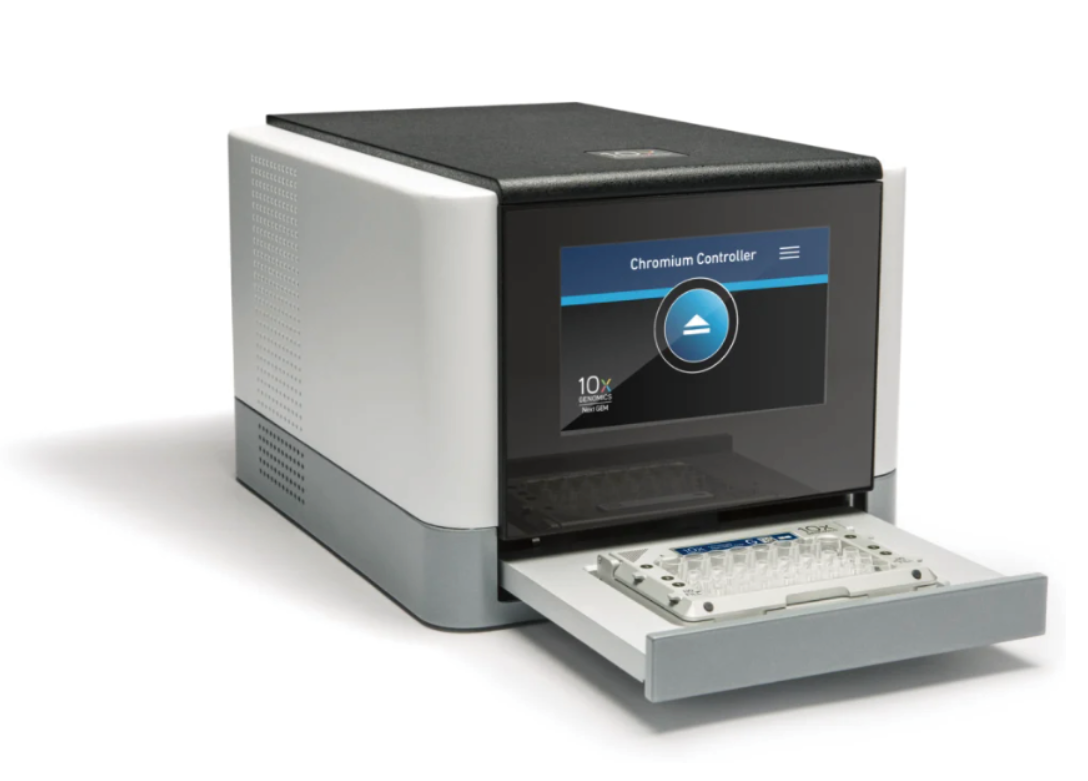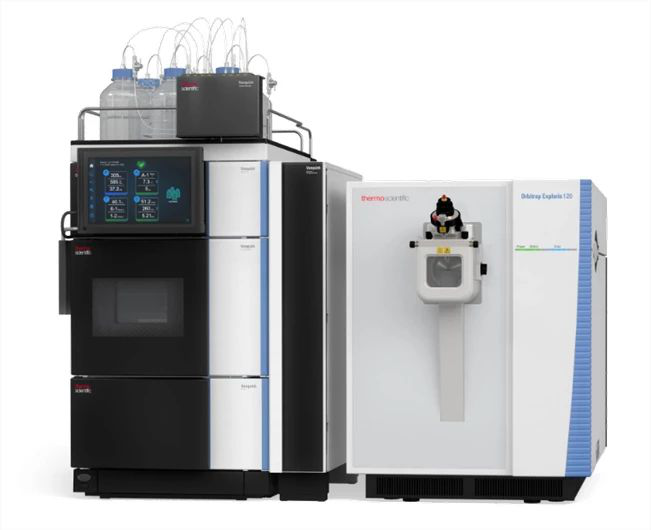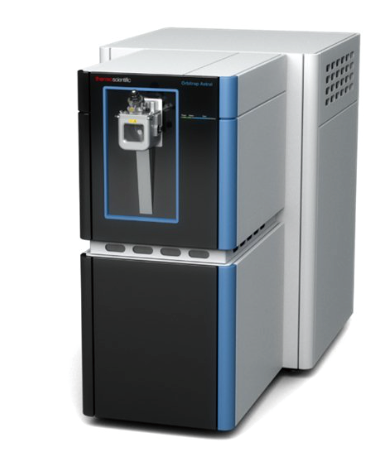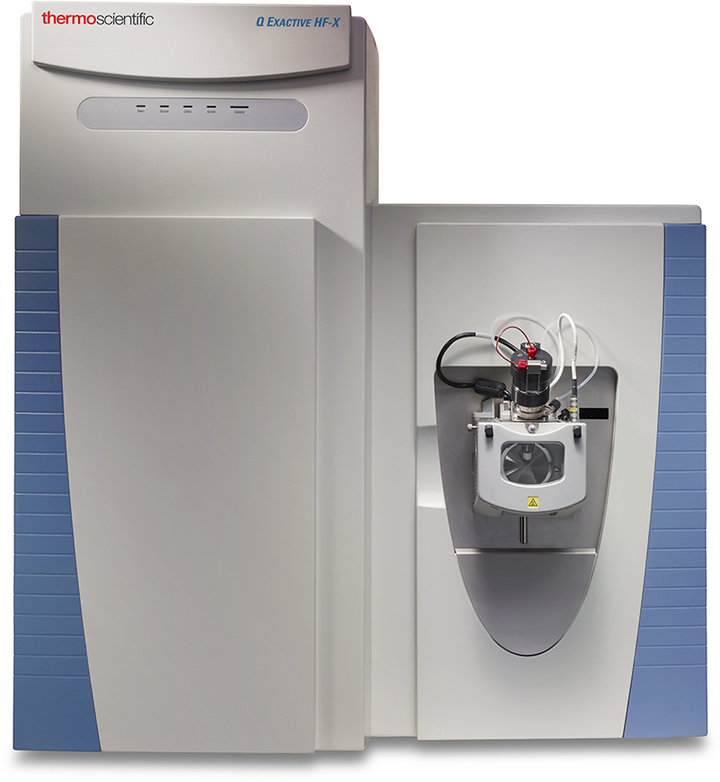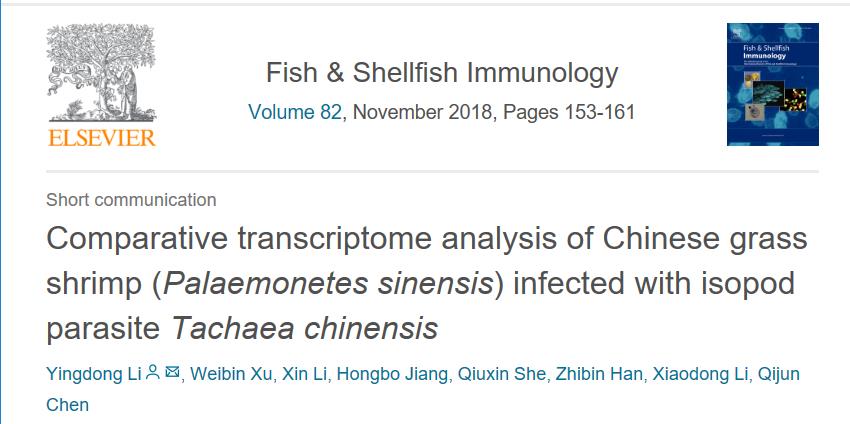
Abstract
Parasitic isopods negatively affect reproduction and ingestion in several commercially important crustaceans; however, little is known about such parasite–host interactions. Therefore, we performed high-throughput sequencing of cDNA samples from Chinese grass shrimp Palaemonetes sinensis infected by parasitic isopod Tachaea chinensis and a non-infected control. We randomly assembled 46,858,882 and 41,110,746 clean reads from the parasitized and control groups, respectively. From these, we identified 1323 differentially expressed genes (DEGs) (p?<?0.05), of which 702 were up-regulated and 621 were down-regulated after T. chinensis infection, respectively. The up-regulated genes were enriched in ‘ribosome’, ‘purine metabolism’, and ‘pyrimidine metabolism’ signalling pathways, suggesting altered host nucleotide metabolite levels, possibly through the action of intracellular parasites transported by T. chinensis. Additionally, 14 representative DEGs involved in reproduction were down-regulated after parasitisation, indicating T. chinensis causes cascading effects in P. sinensis. Overall, parasitisation appeared to affect host immune response, metabolism, and gonadal development. In conclusion, the present study improves our understanding on the molecular mechanisms underlying interactions between isopod parasites and their crustacean hosts.
link text
https://www.sciencedirect.com/science/article/pii/S1050464818304856











